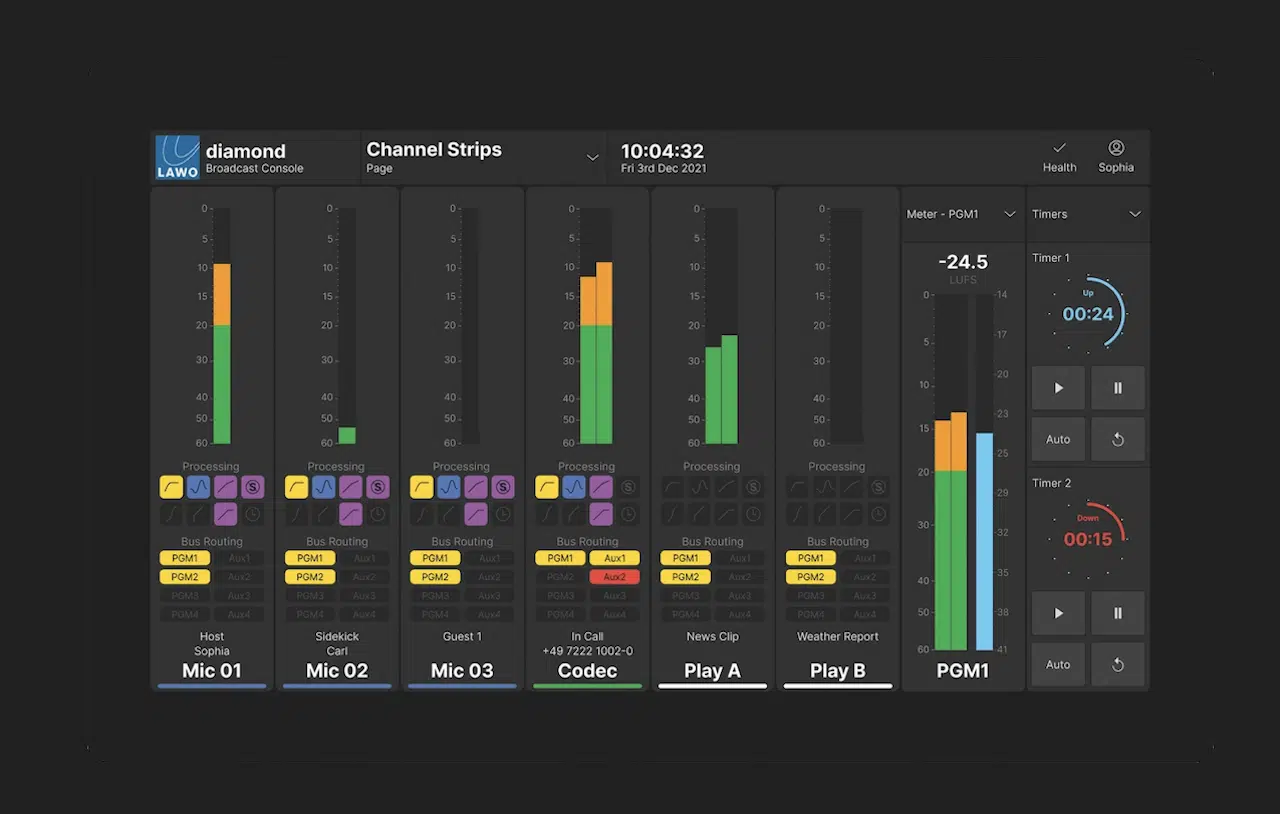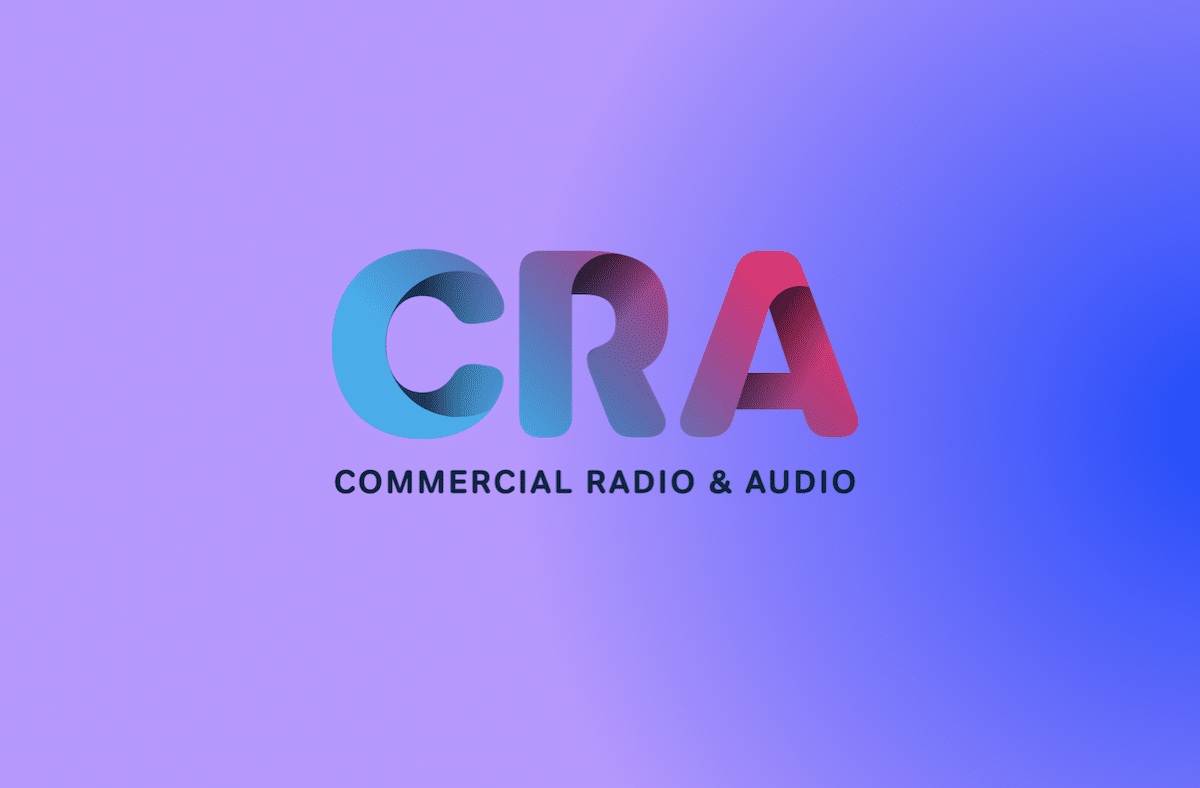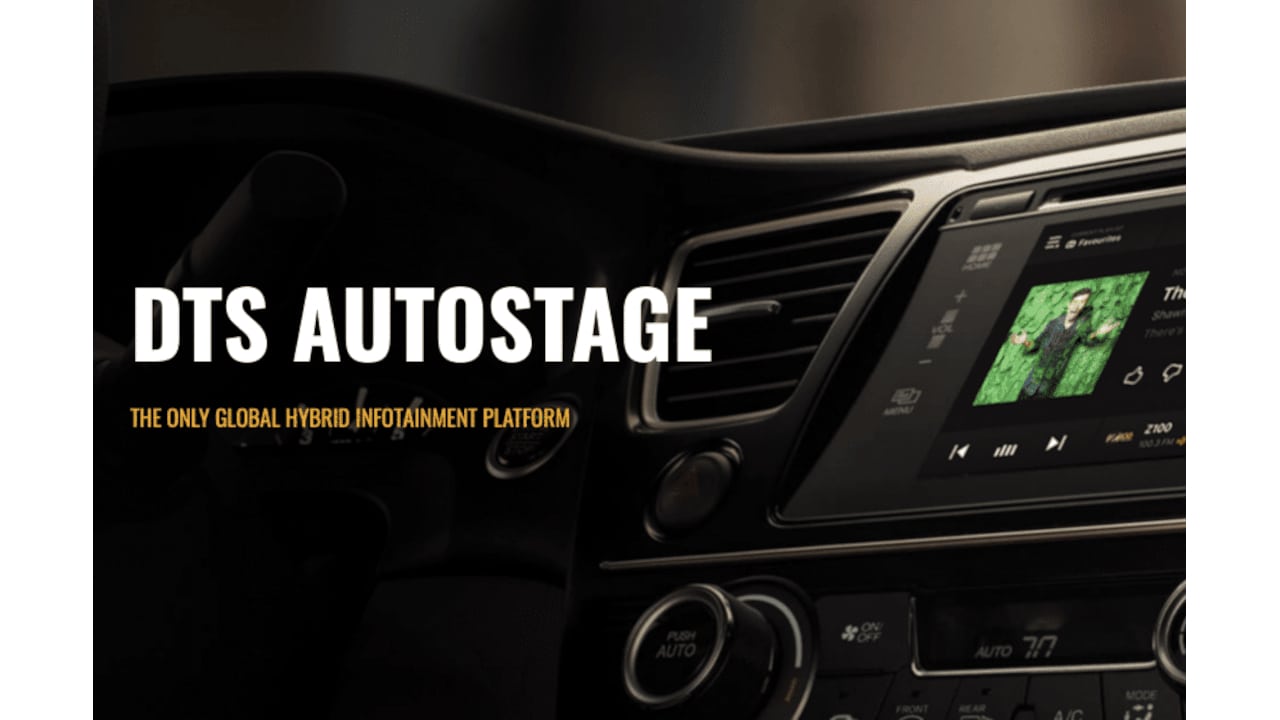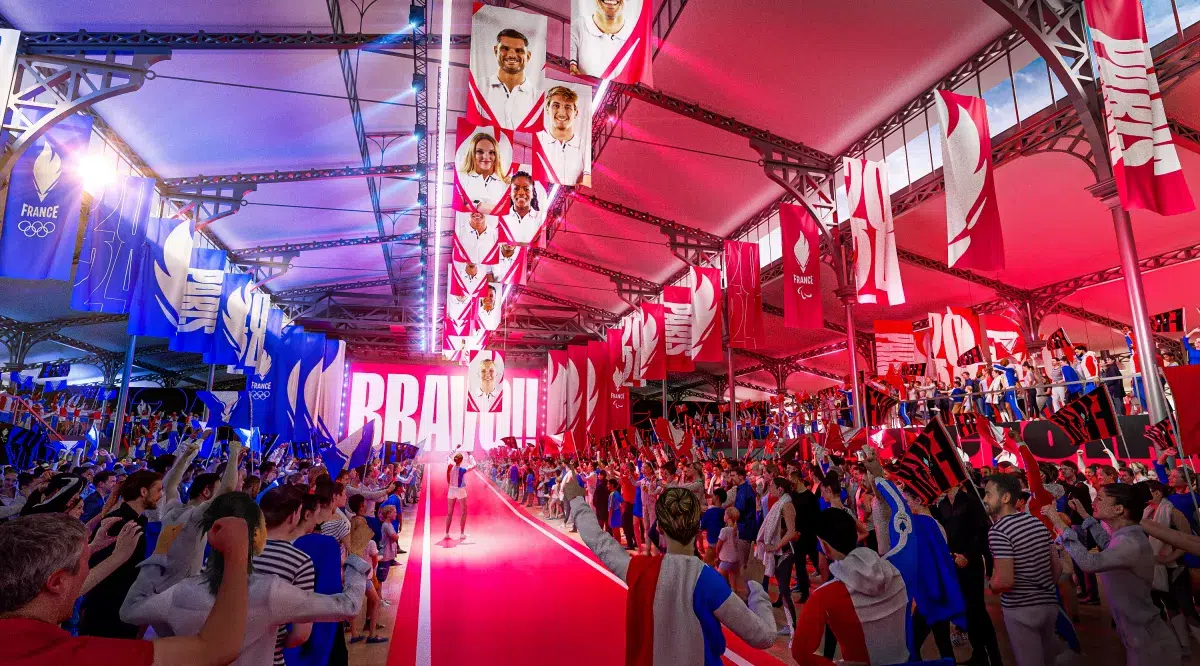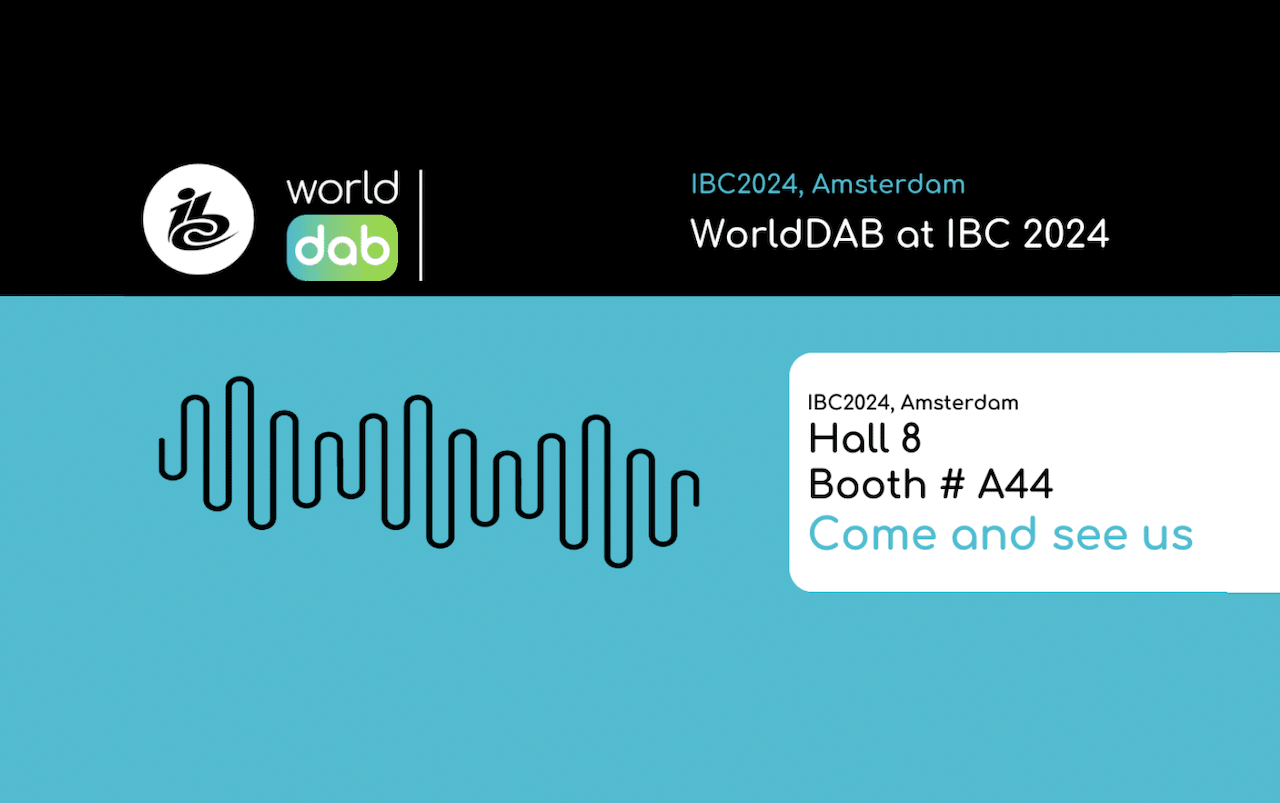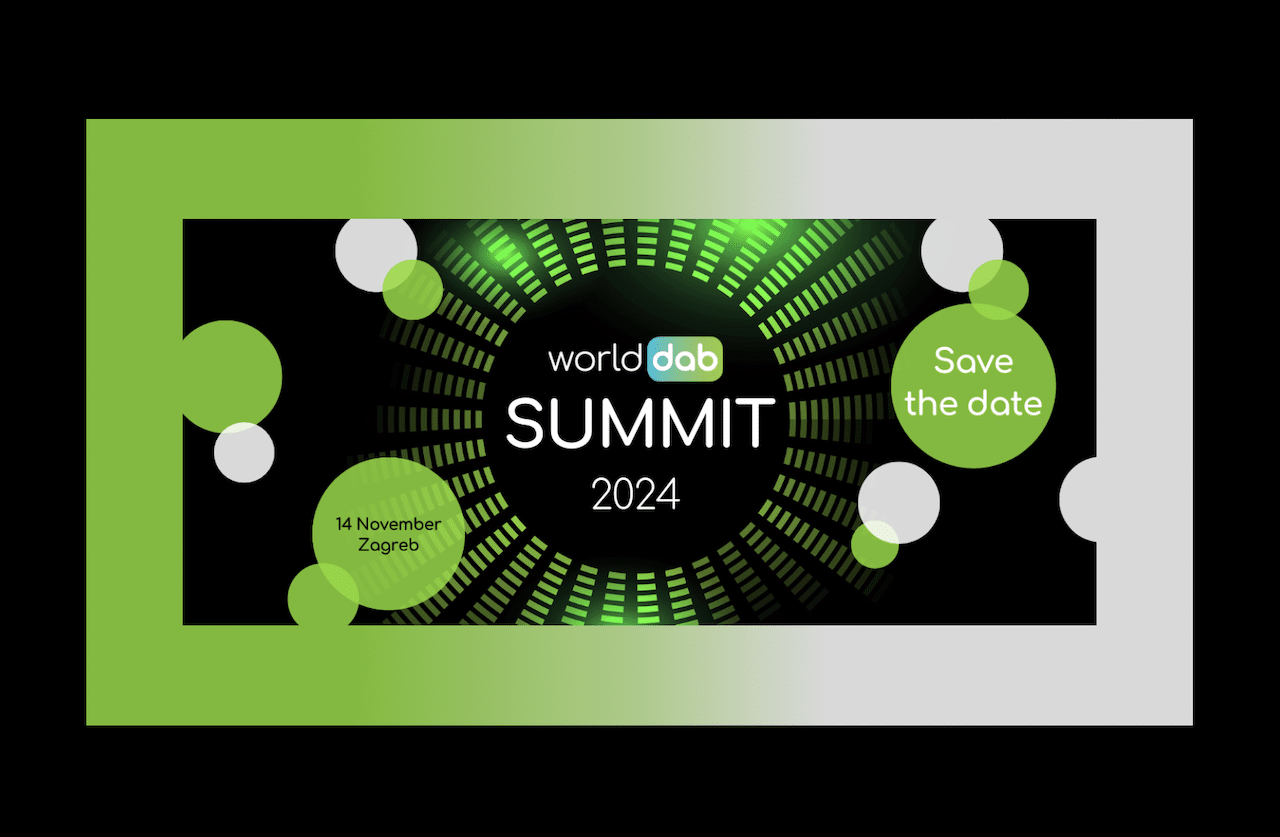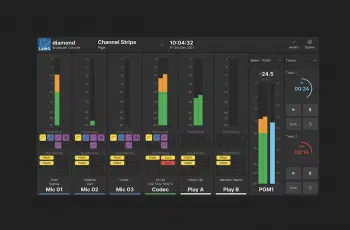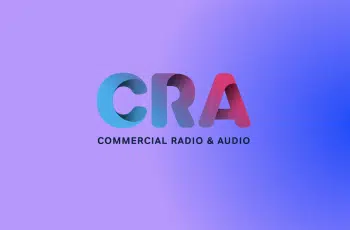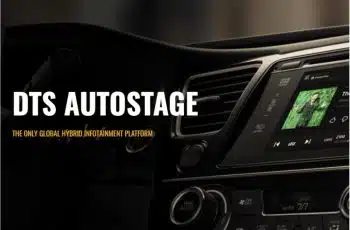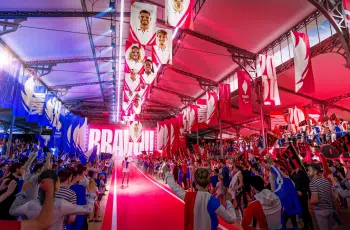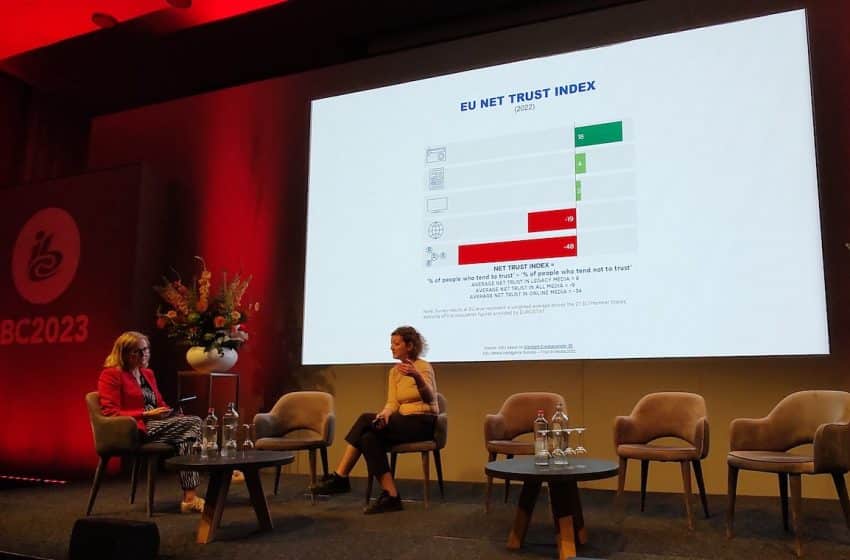
Good news for the radio industry came from the WorldDAB session at IBC2023 on Sunday, Sept. 17, in partnership with Broadcast Networks Europe. According to the EBU Media Intelligence Service, radio emerged once more in 2022 as the most trusted medium in Europe — 56% of EU citizens trust radio. “This trust has been preserved since the very beginning,” said Edita Kudláčová, EBU’s head of radio, pointing out how the internet and online social networks scored a poor trust figure in the same survey. “Radio for us is a combination of live radio, on-demand content, as well as everything that goes on a podcast,” Kudláčová continued, confirming how the concept of “radio” is live and evolving.
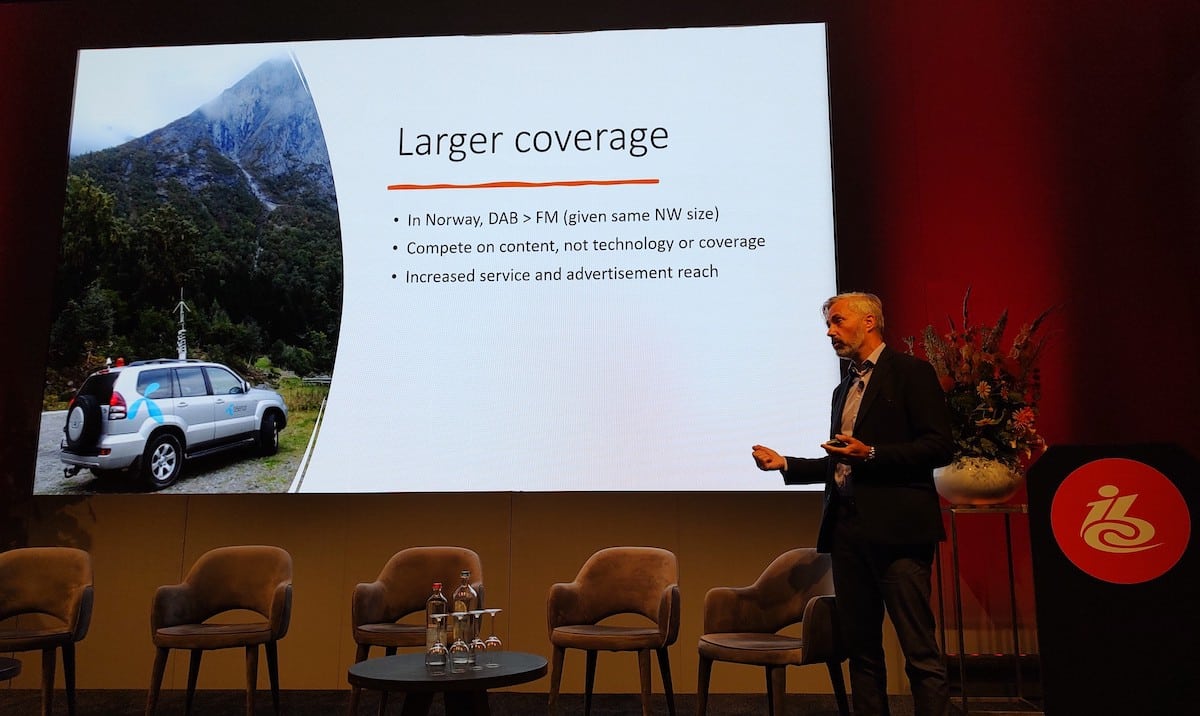
Norway moved its FM national broadcast to DAB+ more than five years ago. Recapping facts and findings from the country’s experience, Jonas Jacobsson, head of media and technology at Telenor, confirmed that, given the same network size, DAB+ coverage in Norway presently outperforms the previous FM coverage. The need to share infrastructures, typical of DAB+, ensures all broadcasters the same high level of redundancy and, therefore, more affordable reliability — broadcasters share redundant equipment, power supply, head-end and distribution network across all channels included in a single mux.
Speaking about possible future digital switch-over, Lindsay Mack, BBC Sounds senior manager of DAB and external affairs, reported how FM listening share is currently about 31% while DAB is 40%. A Mediatique forecast in the official Ofcom policy paper estimates that analog radio will account for just 12%-14% of all radio listening by 2030. “Even if an FM switch-off is still a long way to go, the Government will probably revisit the overall radio landscape by 2026 to see where FM is,” Mack concluded.
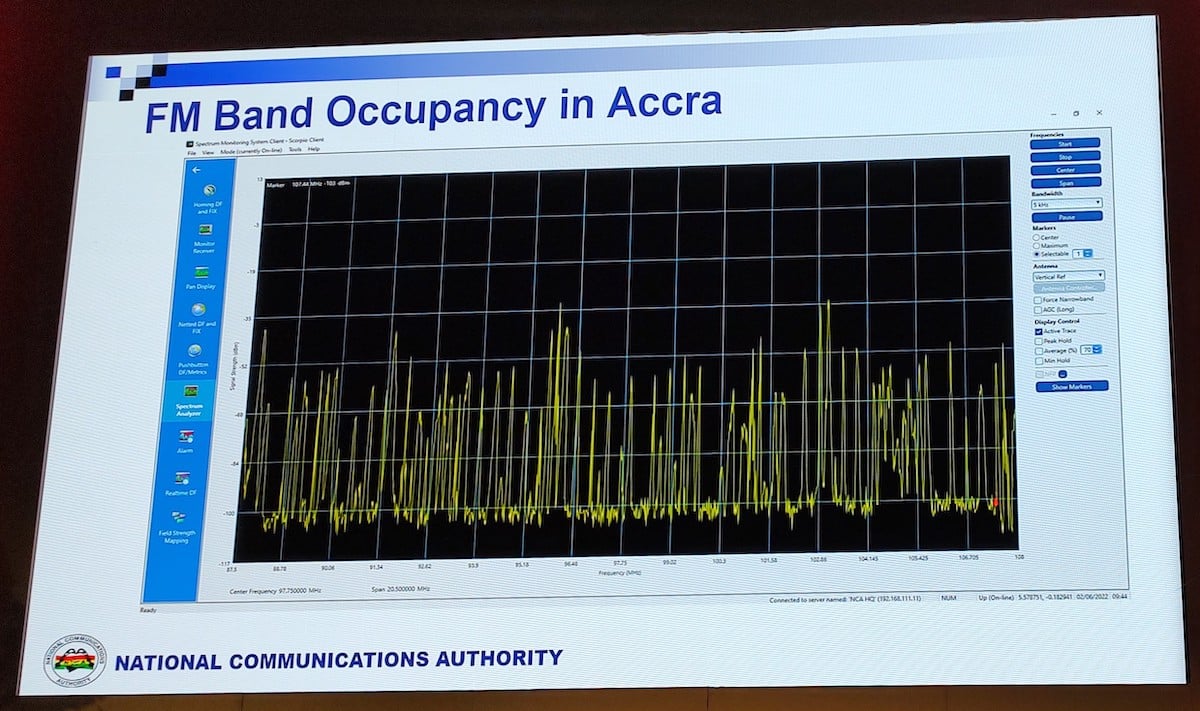
Ghana is the latest country to embrace the DAB+ standard. Edmund Fianko, acting director of engineering at Ghana’s National Communication Authority, confirmed that the country will trial DAB in 11 stations in Greater Accra and eight in the Ashanti region to extensively test the digital radio standard’s capability. Fianko reported they receive new applications for new FM stations almost every day but can’t issue the relevant licenses because of the saturation of the FM spectrum in Ghana’s major cities. The next steps will be promoting DAB services, including public awareness campaigns, expanding DAB trials into other regions and, eventually, developing an official regulatory framework.



